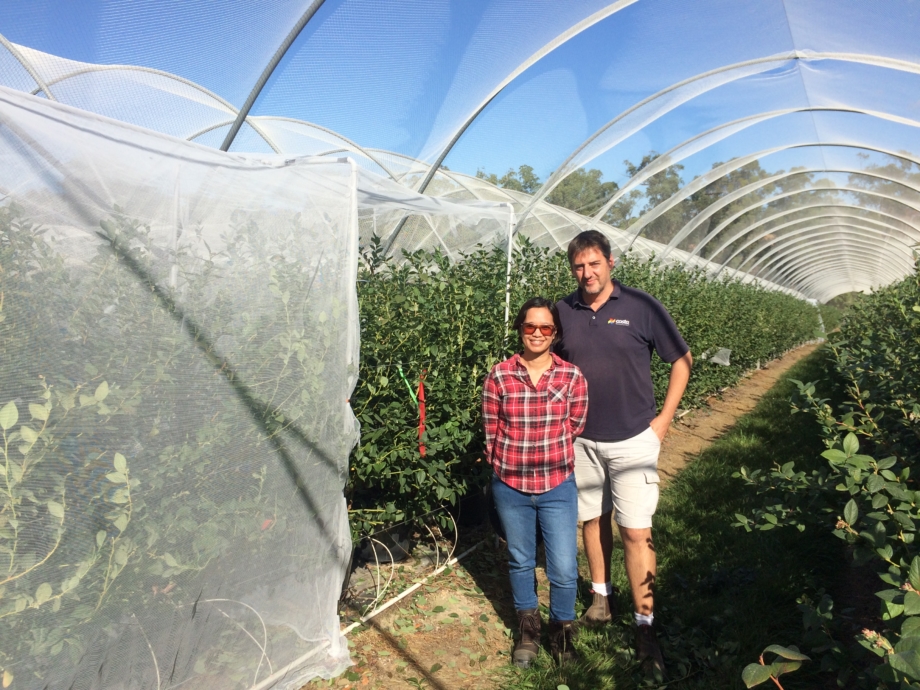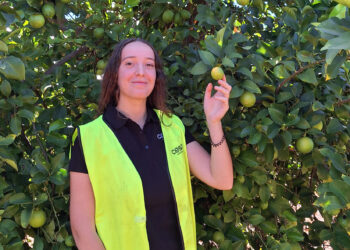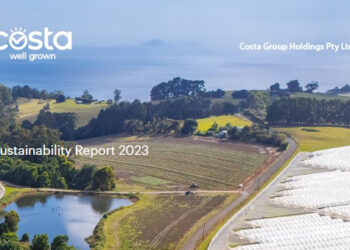The Costa Berry Category is supporting a Horticultural Innovation Australia project to develop new technologies and practices to improve pollination in protected cropping environments.
Costa is coordinating experimental trials in collaboration with the University of New England (UNE) and has created a new technical position, filled by Maria Manrique, to collect and report on trial data.
The research is funded through a $4.7 million-dollar grant, awarded under Round 4 of the Rural R&D for Profit program by the Department of Agriculture. It aims to improve and advance innovative methods of mechanical pollination to achieve pollination artificially and increase insect pollinator efficacy and pollination by improving the performance of honeybees under covers.
The project follows on from earlier research undertaken at the Costa farms in Corindi and Far North Queensland that has been examining the effectiveness of honeybees and stingless bees in pollinating blueberry flowers.
Maurizio Rocchetti, Senior Horticulturist – Blueberry Lead, who is coordinating Costa’s input into the project, welcomed the ongoing research partnership with UNE.
“This research will help to ensure we can continue to optimise our crops and ensure effective pollination rates under protected cropping,” Maurizio said.
Maria Manrique, who has a Bachelor of Science Degree in Agriculture from the University of the Philippines, has been employed as a horticulturist – research and development technician for the project, which will run until September 2022.
Maria has worked with the Costa Berry Category and the Costa Tomato Category since 2017.
Maurizio said the trials would relate to the optimisation of pollination within protected cropping environment, including the evaluation of protected cropping on pollen viability of different berry crops and varieties; stingless beehive manipulation in order to achieve pollination during winter months under tunnel production; and evaluation of possible mechanical pollination as alternative to insect pollination.
Costa will also be providing in-kind support for the project, in resources and equipment.





